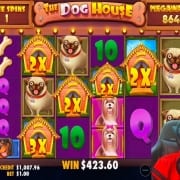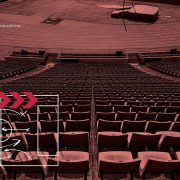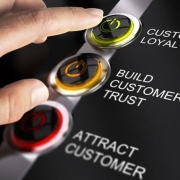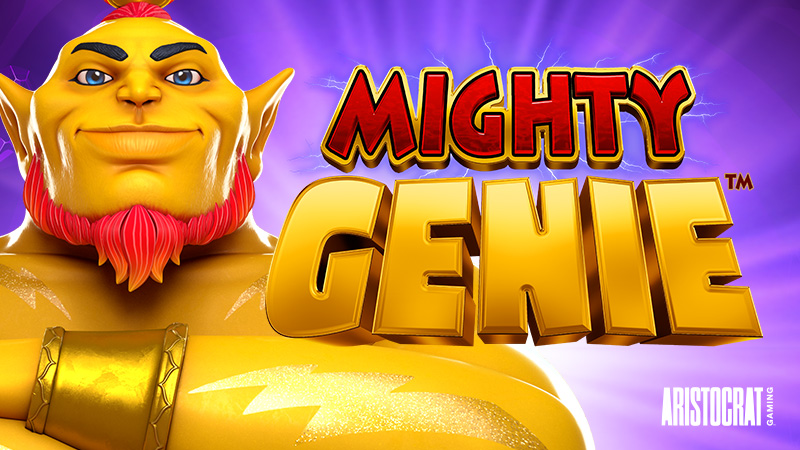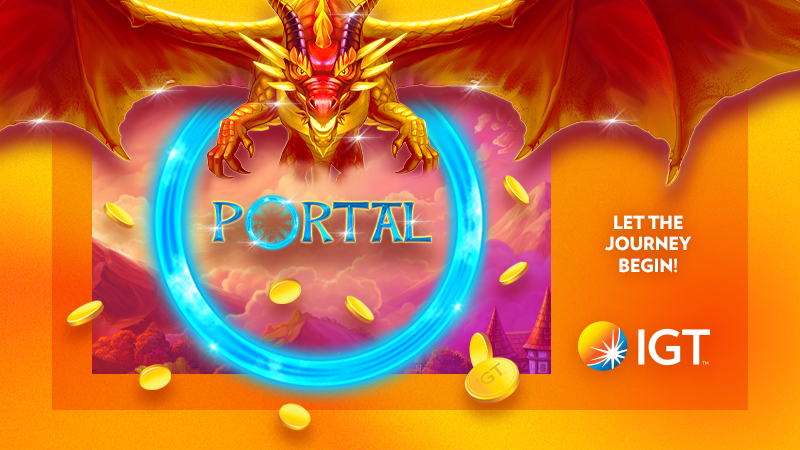WHY GAMING REWARD PROGRAMS MATTER… TIME TO REFRESH?
According to the data from the leading loyalty survey, the 2021 For Love or Money report, 88% of adult Australians belong to a rewards program. However, only 43% are active in all the programs they are enrolled in, and this number has been declining since 2015. The good news is that over 62% of members believe loyalty programs make them feel more valued as customers.
When asked what they believed could be most improved in a rewards program 57% wanted to see more achievable rewards (the earn rate), 34% wanted more moments of surprise and delight, and 28% wanted more innovative rewards not just financial discounts.
The stats support the popularity of programs but also highlight some of the very focussed future planning that clubs need to create. This data spells out for clubs that members in your loyalty program want rewards that show you know them and that provides them a clear choice of venue because you offer something a little different and more personal.
The reality is that most club and pub loyalty programs really don’t create loyalty because they are based on rewards that are exactly the same as their competitors. Let’s face it, your members are getting similar offers from pretty much all the other clubs, pubs and/or casinos they visit, so in essence, you run the risk of buying a visit rather than creating emotional ties that lead to long-term loyalty.
The result is that your loyalty program doesn’t have a competitive advantage and simply becomes another cost of doing business. In the current climate these costs need to be targeted more than ever and show a return on investment.
Data is the driving force behind any loyalty program, but clubs have to look beyond the basic metrics like number of redemptions, frequency of visits and individual spend. What the data doesn’t tell us is how loyal our members are, or what we’re not doing that could be building loyalty. By learning what makes members loyal you can more effectively refine the program’s rewards and processes and get a far better and more cost-effective return on your investment.
Club rewards programs, by and large, are very generous and whilst every member is an important part of a club, we need to also realise that every club has a large segment of members who will never be loyal and who will continue to merely shop around for the best offers. They are the members who respond to badge draws, giveaways, promotions and discount offers, regardless of which club is offering them. They are the members who go to a Tuesday night badge draw at Club A, a two for one meal offer at Club B on a Thursday and to Club C for a free raffle ticket offer on a Sunday. Whilst these things are arguably part of the club entertainment experience and can drive incremental revenue if done correctly, these mass appeal offers and promotions will not drive loyalty.
So, a rewards program, that needs to be available to all members under current regulations, really should be an opt-in program, designed to attract quality, rather than quantity. By having masses of low value members in a program, it can eat up vast amounts of operational revenues and leave you with not enough funds to deliver the relevant rewards to the members who have really earned them. The smaller value players can easily be rewarded through kiosks and free coffee/soft drinks while in the club.
Clubs also need to profile their higher valuable members more deeply to determine their individual wants, needs and motivational triggers because when it comes to an effective rewards program, one size does not fit all. Additionally, more analysis needs to be done on identifying and profiling potential high value members. Overall, clubs need to consider being more selective in attracting just who they want to be involved in their rewards programs.
Whilst the loyalty formula varies from club to club (depending on a number of things including size and make-up of membership base, location, club facilities & services, resources etc.), there are four basic elements that apply to every loyalty relationship. Research shows that satisfaction, trust, commitment and gratitude each play an equally important role in generating customer loyalty and the higher you raise the bar on delivering these key experiences, the more loyal your customers will be:
- Satisfaction occurs when members feel a transaction or service meets or exceeds their expectations.
- Trust is based on the member’s belief that the clubs has reliability and integrity.
- Commitment can be defined as the member believing that an ongoing relationship is important enough to want to make an effort to maintain that relationship.
- Gratitudeis the emotional appreciation for benefits that are received and a desire on the part of the member to show that appreciation back to the club.
These four key experiences are the things that you can manipulate and control, but they do require commitment in delivery and follow through at all levels.
Other factors that influence loyalty, like location, can be beyond your control. You more than likely have members who are only loyal to your club because your location is the most convenient, and if another club opened up next door to you, those members would probably migrate.
So, you can see the importance of providing a unique, tailored experience for your most valuable members. A rewards program can’t be copied from one club to another, and it can’t be a set and forget exercise. It needs to be constantly monitored, nurtured and developed. You need to keep working on how you can make it better and how you can make your best customers more loyal.
To find out more about appropriately rewarding your higher valuable members, within the regulations, contact:
Linda Joannides and Justine Channing
Linda and Justine are industry specialists with a long history of executive level marketing and gaming management. They currently run two specialist courses in these areas with course dates and availability advertised through The Drop when available:
Marketing & Gaming Tips and Tricks – designed for managers wanting to gain insights into what works in gaming/marketing operations in the current market.
Marketing & Gaming Masterclass – for executive level managers
They are available to work on specific projects to assist clubs in refreshing your gaming operations and rewards programs



